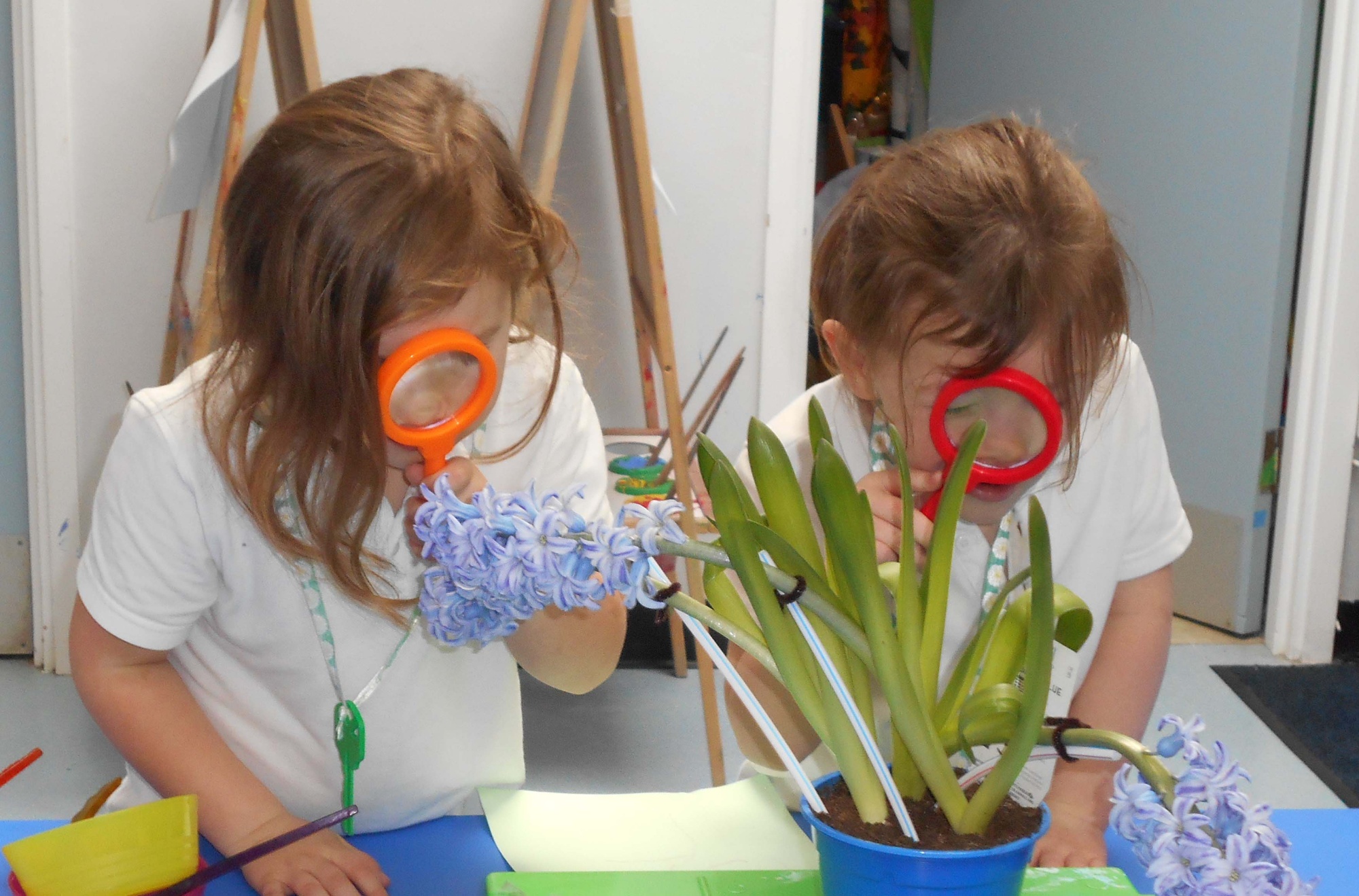Early Years Foundation Stage (EYFS)
/163ADCBFE22F4D4567C5C2D473A0077C.jpg)
/CFA288D26E97CAE11516DA212D58E981.jpg)
The Early Years Foundation Stage (EYFS) Curriculum is the statutory framework that sets out children’s learning and development in the Foundation Stage. It gives children a broad range of knowledge and skills that provide the right foundation for good future progress through school and life.
Your child will be learning skills, acquiring new knowledge and demonstrating their understanding through seven areas of learning and development.
/4FF43E7D5E2813B0D87D3B26FE945D57.jpg)
/26500C99972E5D8C88DE41A0F02B5056.jpg)
Foundation Stage Curriculum
Currently, there are 7 ‘Areas of Learning’ which are split into Prime and Specific. They loosely embrace the National Curriculum subjects with priority being given to Communication & Language, Personal, Social & Emotional Development and Physical Development.
Communication and Language
The development of children’s spoken language underpins all seven areas of learning and development. Children’s back-and-forth interactions from an early age form the foundations for language and cognitive development. These outcomes cover important aspects of language development and provide the foundation for literacy. Children must be helped to acquire competence in English as soon as possible, making use, where appropriate, of their developing understanding and skills in other languages - enriching and widening children’s vocabulary will support later reading comprehension. The outcomes focus on children developing competence in speaking, listening and understanding.
Personal, Social & Emotional Development (PSED)
Children’s personal, social and emotional development is crucial for children to lead healthy and happy lives, and is fundamental to their cognitive development. These outcomes focus on children learning how to work, play, co-operate with others and function in a group beyond the family. They cover important aspects of managing emotions, understanding their feelings and those of others, developing a positive sense of self, setting themselves goals and having confidence in their own abilities. They will also learn how to look after their bodies, including healthy eating, and managing personal needs independently.
It underpins ALL we do and it is also given specific timetable slots.
Physical Development
These outcomes focus on children developing core strength, stability, balance, awareness of space, co-ordination and agility, in indoor and outdoor environments. Gross motor skills provide foundation for developing healthy bodies and social and emotional well-being. Fine motor control and precision helps with hand-eye co-ordination which linked to early literacy. They also include establishing positive attitudes towards a healthy and active way of life.
In the context of co-operative work and play:
- Move confidently and imaginatively with increasing control and co-ordination.
- Have an awareness of space and others.
- Use a range of small and large equipment and balancing and climbing apparatus with increasing skill.
- Handle appropriate tools and objects construction and malleable materials safely and with increasing control.
Literacy
These outcomes focus on the development of reading and writing. It is important for children to develop a love of reading. Reading consists of two dimensions: language comprehension and word reading. Children learn to recognise and form letters. Letter sounds are used to blend words for reading and writing in readiness for sentence building.
Mathematics
These outcomes focus on the development of a strong grounding in number. Children will learn to count confidently and develop a deep understanding of the numbers up to 10, the relationships between them and the patterns within those numbers.
There is a focus on achievement through practical activities and on using and understanding language in the development of simple mathematical ideas.
In the context of co-operative work and play:
- Use mathematical language such as circle, in front of, bigger than and more, to describe shape, position, size and quantity.
- Recognise and recreate patterns.
- Through practical activities understand the value of numbers and begin to show awareness of simple facts and the role of numbers in everyday life.
Understanding the World
These outcomes focus on children’s developing knowledge and understanding of their environment, other people and features of the natural and made world. They provide a foundation for historical, geographical, scientific and technological learning, along with enriching and widening children’s vocabulary that will support later reading comprehension.
Expressive Arts and Design
These outcomes focus on the development of children’s imagination and their ability to communicate and to express ideas and feelings in creative ways.
In the context of co-operative work and play:
- Explore sound and colour, texture, shape, form and space in two and three dimensions.
- Respond in a variety of ways to what they see, hear, smell, touch and feel.
- Through art, music, dance, stories and imaginative play show an increasing ability to use their imagination, to list and to observe.
- Use a widening range of materials, suitable tools, instruments and other resources to express ideas and to communicate their feelings.
These seven areas are used to plan your child’s learning and activities which are tailored to suit your child’s individual needs. The curriculum is designed to be really flexible so that staff can follow your child's unique needs and interests.
Children in the EYFS learn by playing and exploring, being active, and through creative and critical thinking which takes place both indoors and outside.
At the end of the EYFS – in the summer term of the reception year in school – teachers complete an assessment which is known as the EYFS Profile. This assessment is carried out by the reception teacher and is based on what they, and other staff caring for your child, have observed over a period of time.
We consider ourselves partners in your child’s learning. The activities that you do with your child at home are important in supporting their learning and development, and have a really long lasting effect on your child’s learning as they progress through school. For example, talking, listening, reading, singing nursery rhymes, cooking and baking or playing outside with them. More ideas can be found at: www.earlyhomelearning.org.uk.
You can find out more about the Early Years Foundation Stage which includes the early learning goals at www.foundationyears.org.uk. The Foundation Year’s website also includes a range of resources and contacts.


/C11F128E776B78E756CAF17D1D917363.JPG)